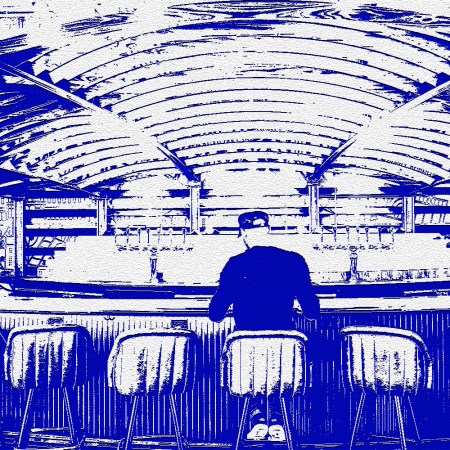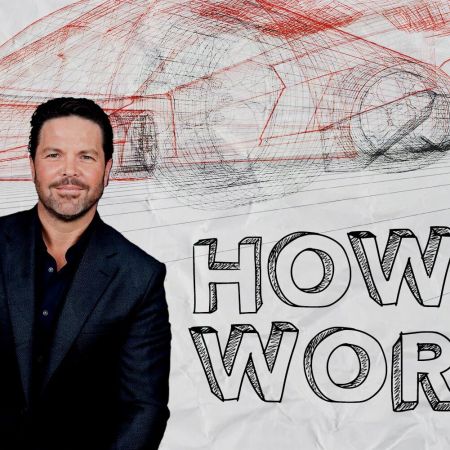What’s happening to the American middle class? In an election year where discussions of class and economic uncertainty abound, this is no small question. It’s prompted in-depth investigations and think-pieces from academics and political commentators alike. And while a large number of Americans who aren’t absurdly rich have grappled with some degree of financial uncertainty, the way the middle class seems to be narrowing and vanishing is particularly alarming to many.
A new article by Daniel Markovits at The Atlantic makes a case for who’s to blame — and it turns out it’s a company with a very high-profile alumnus in the midst of the Democratic primary. Markovits cites management consultants, including Pete Buttigieg’s onetime workplace McKinsey & Company, as being at the root of much of the country’s economic anxiety.
Markovits takes the reader back in time, to the mid-20th century, when labor unions were more powerful, advancement within a single company was possible and jobs had more security.
The mid-century corporation’s workplace training and many-layered hierarchy built a pipeline through which the top jobs might be filled. The saying “from the mail room to the corner office” captured something real, and even the most menial jobs opened pathways to promotion.
He also notes that the rise of management consultants dovetails neatly with Milton Friedman’s theory of shareholder primacy — to wit, that profits and shareholder value took precedence over everything else a corporation did. This theory has come under criticism in recent years, but its impact and influence can still be felt across the country, and the world.
Markovits argues convincingly that Friedman’s theory “gave the newly ambitious management consultants a guiding purpose.” And from there, a host of issues can be traced to these two interwoven entities, from the decline of organized labor to the mass layoffs that decimated many American companies in the decades that followed. It’s a rigorous argument made in detail, and it’s one that explains a lot about a nation’s changes and anxieties.
Subscribe here for our free daily newsletter.
Thanks for reading InsideHook. Sign up for our daily newsletter and be in the know.


















